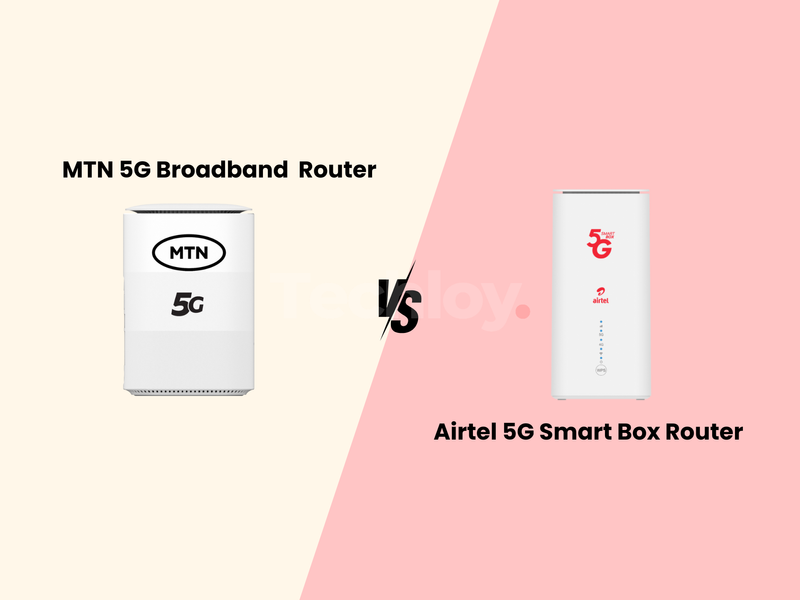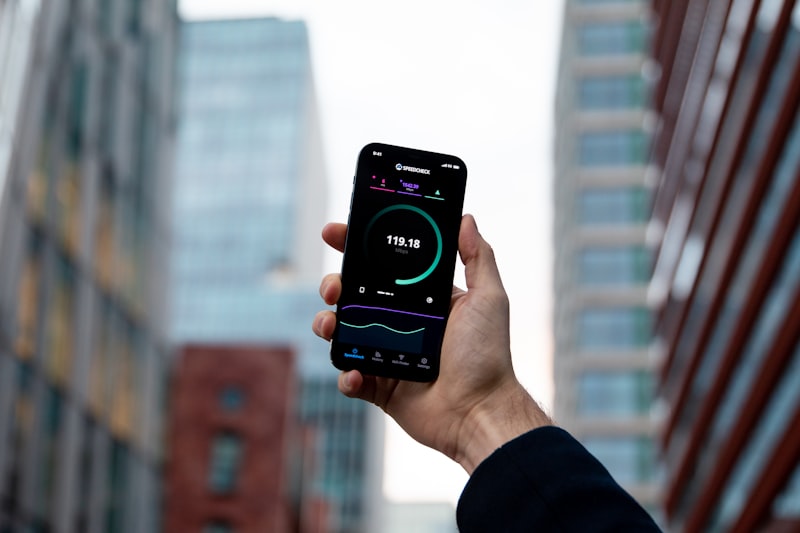Why Africa is lagging in 5G adoption despite global rapid growth

The transition to 5G networks represents a significant leap forward in terms of speed, capacity, and latency. The network supports a variety of trending technologies, including autonomous vehicles, the Internet of Things, virtual reality, and augmented reality, and will provide speeds up to 100 times faster than 4G. This game-changing technology has the power to change whole industries and open up unimaginable doors for economic growth and innovation.
Unfortunately, Africa is not looking at these boons. Despite the global rapid growth, the region is still lagging in the network's adoption. The global 5G adoption is expected to reach 17% by the end of 2023, according to a recent projection by the Global System for Mobile Communications Association (GSMA), and by 2030, it is anticipated to contribute an astounding $1 trillion to the global economy.
The implementation in Sub-Saharan Africa is anticipated to take a staggered approach as opposed to the quick population penetration seen in more developed countries. It will probably take some time for the fifth-generation network to be implemented in this area, to allow for infrastructure construction and gradual adoption.
Some of the reasons for this delay include the unavailability of the 5G spectrum, uncertainty over auction dates, inadequate infrastructure development, affordability and cost, socioeconomic factors such as poverty, education levels, income disparities, digital divide and connectivity gaps and high investment for 3G/4G networks.
Across the continent, 5G-related activities have started to take up. These activities include spectrum auctions, pilots, and commercial trials, as well as initiatives to create use cases that are pertinent to the local area.
By 2030, the GSMA estimates that 20% of mobile connections in Africa will be 5G. Addressing these challenges requires concerted efforts from governments, private sector stakeholders, and international organizations for unlocking the full potential of 5G technology in the region.





